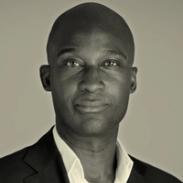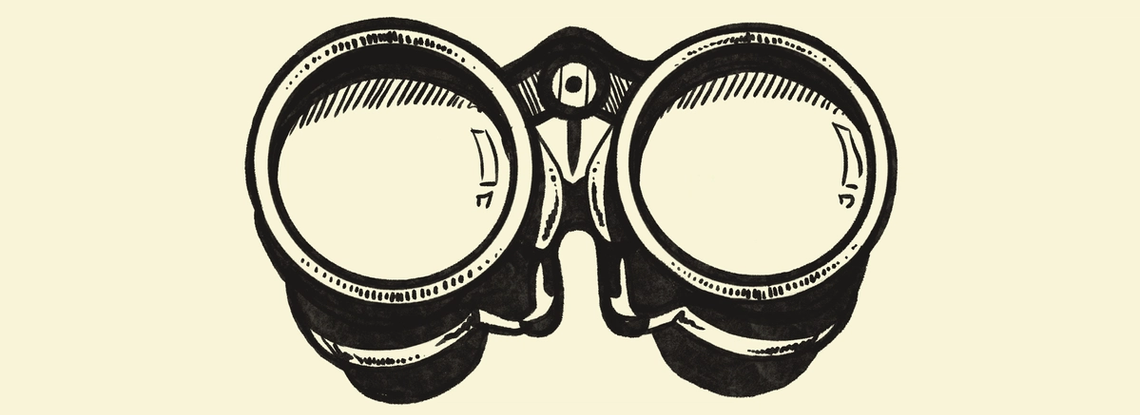 Nana Oye Ankrah/Semafor Nana Oye Ankrah/SemaforTHE SCOOP ACCRA, Ghana — Ghanaian officials are betting they can ramp up annual tourist receipts by around 60% by attracting more African diaspora holidaymakers in December — a key source of revenue as the country battles an economic crisis. The West African country has become known for its vibrant Christmas season during which thousands of Black people from the United States, United Kingdom and Europe visit for a range of events and parties known by tourists as “Detty December.” The government — which has branded the festive period as “December in GH” — announced late last month that all visitors to Ghana could get a visa on arrival from Dec. 1 to Jan. 15. Authorities hope that removing the need for a pre-travel visa for that 46-day period, along with events targeting people of African descent such as the Panafest and Emancipation arts festival and the Africa Basketball Festival, will help meet its target of generating $3.4 billion in tourism revenue. That aim is up from about $2 billion in 2022, Kofi Atta Kakra Kusi, deputy head of corporate affairs at the Ghana Tourism Authority (GTA), told Semafor Africa. “We’ve worked so hard to market and promote a lot of activities,” said Kusi. “We’re working with the private sector, seeking partnership, and the president is even helping. We strongly believe we can accrue more,” he said. KNOW MORE Ghana has in recent years sought to attract visitors whose ancestors were taken from West Africa during the transatlantic slave trade. The government launched the Year of Return initiative in 2019, which coincided with the 400th anniversary of the first enslaved Africans arriving in the United States, to appeal for people of African descent to visit. Tourists have returned around the Christmas period since then. Ghana is struggling with an economic crisis which forced it to seek a $3 billion bailout from the International Monetary Fund which was approved in May. The economic woes have increased the need for the government to increase domestic revenue. The tourism sector was the third highest contributor to the economy, said the GTA’s Kusi. NANA OYE’S VIEW Ghana’s tourism sector has become an important part of the country’s economic vision. Positioning the West African country as a cultural hub — appealing in recent years to visitors wanting to trace their ancestral roots and festival goers drawn to music events like AfroFuture — was a masterstroke. But these efforts will be wasted without channeling more money into infrastructure redevelopment. The country is targeting 1.2 million visitors this year, with the Ghana Tourism Authority having already recorded 800,000 by the end of the third quarter. The goal is 300,000 more than the 914,892 arrivals recorded in 2022. Mohammed Awal, the minister of tourism, summed up the government’s plan in a speech at the Ghana Tourism Summit earlier this month. “What is important for us is to get people to come, spend more, stay longer and invest more,” he told delegates.  Ghana isn’t the only African country that sees the value in making it easier to visit. Kenya has gone further. Last week its president said visitors will no longer require a visa to enter the country from January. But making it easier to visit only benefits the country if the money generated is spent wisely. Tourists who want to see some of Ghana’s top attractions such as Cape Coast Castle, a former slave fort about 150 kilometers west of Accra, must endure bad roads that make the journey longer and more arduous than necessary. Without channeling some of the revenue generated by tourism into much needed infrastructure upgrades, the country won’t fully realize the long-term benefits of attracting tourists. Ghana was considered a poster child of good governance and economic development until several instances of wayward public spending sullied its reputation. Making good use of tourism revenue would be a sign of progress.
| 











